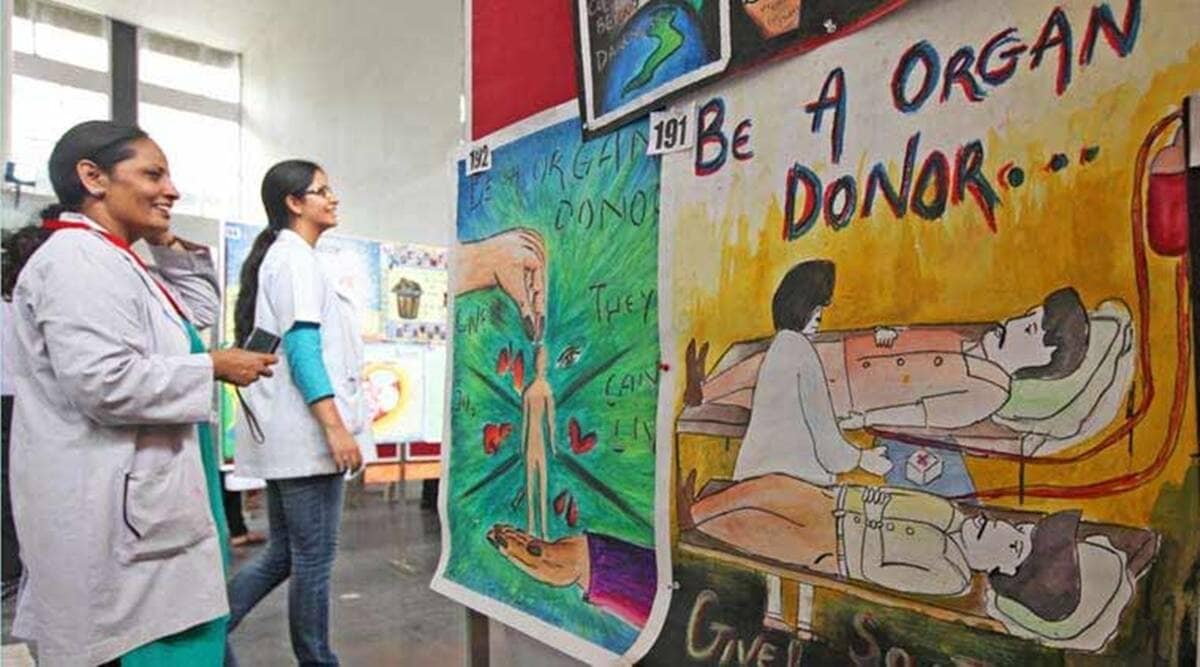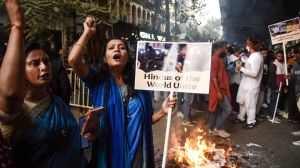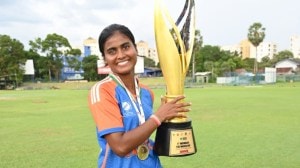The Union Health Ministry has done away with the age cap of 65 years for receiving an organ from a dead donor, and guidelines are being revised to allow the elderly to register on waiting lists.
Officials said Thursday that while preference will still be given to younger recipients, those above the age of 65 will not be completely barred from the process.

“Although there was no age cap for living donor transplants (where family members donate organs like kidneys and livers), people over the age of 65 years couldn’t register to receive organs from deceased donors as per guidelines of NOTTO (National Organ and Tissue Transplant Organisation). This requirement has been done away with,” a senior official from the Health Ministry said.
In the present scenario, the official said, the age of 65 is not considered very old and the elderly should get an organ transplant opportunity.
Another official said, “Preference will obviously be given to younger people who have more years of life left and are likely to be healthier.”
Organs from deceased donors accounted for nearly 17.8% of all transplants in 2022 in the country.
The number of transplants has increased over the years. The total number of deceased organ transplants climbed from 837 in 2013 to 2,765 in 2022. The total number of organ transplants – with organs from both deceased and living donors – increased from 4,990 in 2013 to 15,561 in 2022, according to data shared by the government.
Story continues below this ad
India conducts the third highest number of transplants in the world. Every year, an estimated 1.5-2 lakh people need a kidney transplant. Only around 10,000 got one in 2022. Of the 80,000 people who required a liver transplant, less than 3,000 got one in 2022. And, of the 10,000 who needed a heart transplant, only 250 got it in 2022, according to the data.
ExplainedKey for this age group
Data indicates why the move is significant: a study shows over 40% of those in need of kidney transplants worldwide are over the age of 65.
To increase access to organ transplant, the Health Ministry has also done away with the domicile requirement and fee for registration.
“People in need of transplant can go to any hospital in any state and register to receive an organ from a deceased donor,” the official said.
Some states either registered only recipients from their state or accorded priority to them while allocating organs, the official said. As per the allocation criteria of organ, an organ harvested in one state is first shared with other hospitals in the same state, then in the region, and if there is still no match, it is shared nationally.
Story continues below this ad
“The states want to keep their organs to themselves, but they have been told not to make such distinctions,” the official said.
Along with the change in criteria, states have also been asked not to charge recipients for registration on waiting list for organs. States such as Maharashtra, Kerala, Gujarat and Telangana charge between Rs 5,000 and Rs 10,000 to register recipients for organ donation. “There is a need to remove hurdles for transplants and promote it across the country,” another official said.









